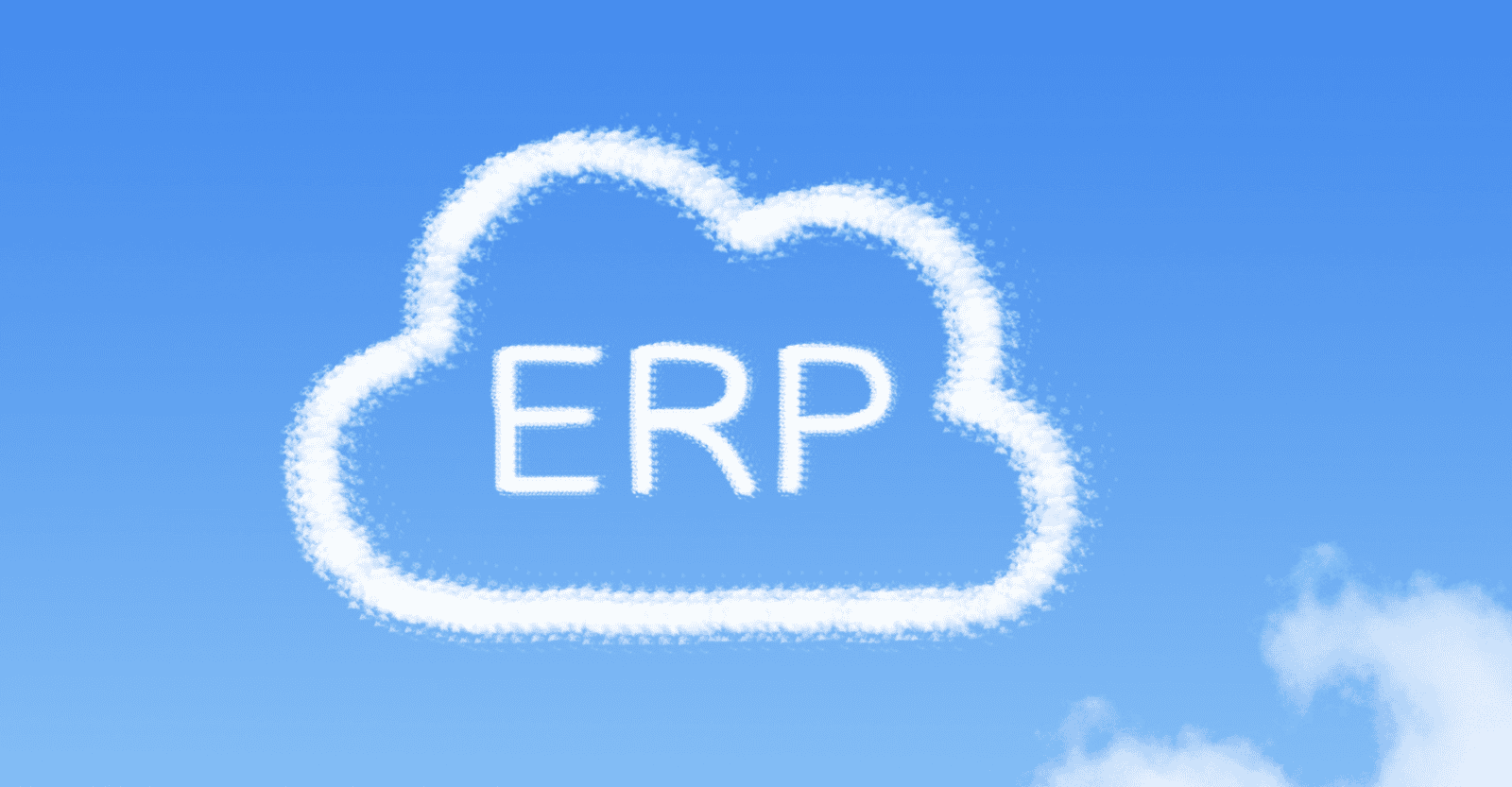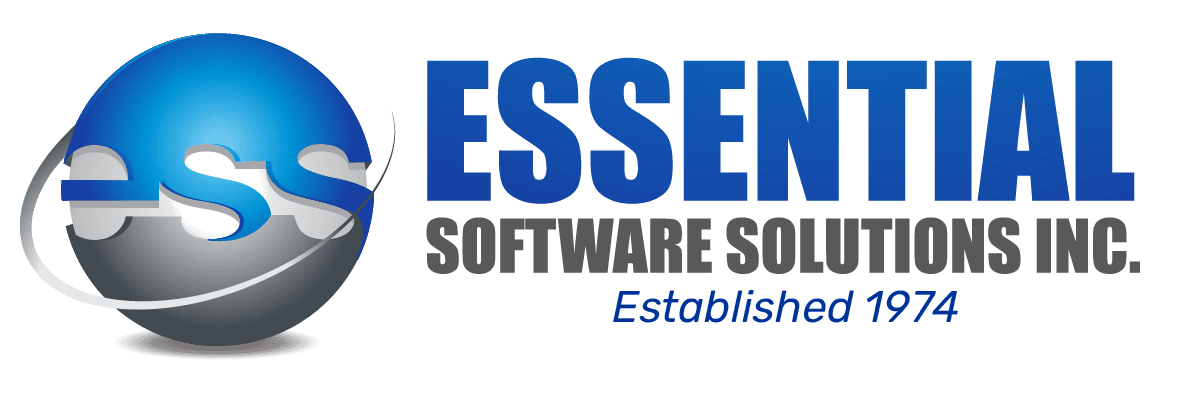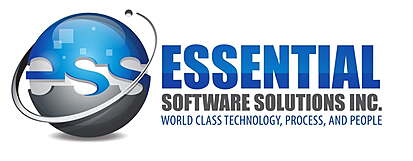
At ESS, we often engage in discussions about whether companies should move from on-premise ERP solutions to cloud-based options. The decision requires careful consideration of business needs and technological advancements. A thoughtful evaluation of both options can lead to greater operational efficiency, scalability, and improved ROI.
Business Reasons to Migrate to Cloud ERP
Companies typically consider upgrading or switching their ERP system when their business grows or changes, necessitating additional functionality. Cloud ERP offers enhanced capabilities that can support business expansion and evolving requirements. For instance, manufacturers in the service and replacement parts sector are increasingly recognizing the value of Cloud ERP for streamlining service management, which can boost both customer satisfaction and profitability.
- Scalability and Flexibility: As businesses expand, especially those with multiple sites or complex manufacturing operations, Cloud ERP offers unparalleled flexibility. Cloud-based systems provide easy access from anywhere, enabling centralized planning, supply chain management, and cross-location collaboration, which are harder to achieve with on-premise solutions.
- Modernization and Future-Proofing: Cloud ERP is an essential part of digital transformation. For companies purchased by private equity groups seeking to modernize their operations, switching to Cloud ERP offers an opportunity to modernize IT infrastructure without the burden of maintaining on-premise systems. Cloud-based solutions like CSI allow executives to focus on business growth rather than on managing hardware or software.
- Built-In Project Management and Advanced Features: For project-based manufacturers, Cloud ERP comes equipped with built-in project management functionalities like % complete revenue recognition, earned value management, and work breakdown structures. These advanced features are integrated seamlessly within the ERP suite, eliminating the need for additional bolt-on applications.
- Cost Certainty: Cloud ERP systems are often offered via a subscription model, providing predictable, fixed costs for the duration of the agreement. This can be a relief for businesses looking to avoid the uncertainty of fluctuating IT expenses associated with on-premise infrastructure.
- Vendor Reputation and Recognition: Cloud ERP platforms like CSI, which is consistently ranked among the leaders in Gartner's Magic Quadrant and recognized by Panorama Consulting, Nucleus Research, and others, offer established reputations. A reputable ERP brand ensures you’re investing in a system that is both trusted and capable of meeting the demands of a global manufacturing business.
Why Cloud ERP Can Be Right for Your Business?
While there are many positive reasons to consider switching to a Cloud ERP system, it’s important to understand when it makes sense to make that transition. In some cases, Cloud ERP offers significant advantages that can improve business efficiency.
Scalable User Access and Costs: One of the most significant benefits of Cloud ERP is its ability to easily scale with your business. Unlike on-premise systems, which often require costly hardware upgrades to support additional users, Cloud ERP platforms allow businesses to add or remove users as needed without additional infrastructure investments. You simply pay for the number of users you need, and this cost model can be adjusted as your business evolves. This flexibility ensures that you’re not paying for unused capacity while being able to add resources as your team or operations grow.
Reduced IT Burden: Moving to the cloud eliminates the need for businesses to maintain their own IT infrastructure. This reduces internal IT workload, enabling your team to focus on more strategic business goals rather than routine maintenance, upgrades, and security patches. Cloud vendors manage all of these aspects, ensuring your system stays up-to-date without interruption. While Cloud ERP may involves third-party solutions, trusted ERP providers offer strong SLAs with guaranteed uptime, regular updates, and comprehensive security measures. These protections ensure your business remains operational with minimal risk of downtime.
Improved Access and Collaboration: With cloud-based ERP, employees can access the system from anywhere with an internet connection. This increases collaboration among remote teams and ensures that decision-makers always have access to real-time data, no matter where they are.
Better Integration with Emerging Technologies: Cloud ERP systems are often more adaptable to integrate with cutting-edge technologies, such as AI, machine learning, and the Internet of Things (IoT). This gives businesses the flexibility to adopt innovations that can drive efficiencies and enable smarter decision-making.
Security and Data Privacy: Leading Cloud ERP systems adhere to stringent security protocols, including data encryption, regular security audits, and compliance with industry standards (e.g., GDPR, HIPAA) to safeguard your sensitive data. These protections make Cloud ERP a reliable solution even for industries with stringent compliance requirements.
Internet Connectivity and Reliability: For businesses with concerns about internet reliability, Cloud ERP systems can be integrated with backup internet solutions and disaster recovery plans to ensure minimal disruption in case of connectivity issues. This redundancy helps businesses maintain continuous operations even in the event of a network failure.
Path to Clarity: Is Cloud ERP Right For You?
At ESS, we understand that every business has unique needs. If you're considering a switch to Cloud ERP, our team can help you evaluate whether it's the right fit for your company. Our ERP Health Assessment will provide a comprehensive view of your current ERP’s effectiveness and potential areas for improvement. You’ll gain clarity on the best path forward, whether that involves optimizing your current on-premise ERP or making the switch to a Cloud-based solution.
By considering your business's specific needs, budget, and goals, we can help you make an informed decision that maximizes ROI and supports long-term growth. Whether you stick with your current system or embrace a cloud-based solution, ESS is here to guide you through the process and ensure your ERP system is a valuable asset to your business.











